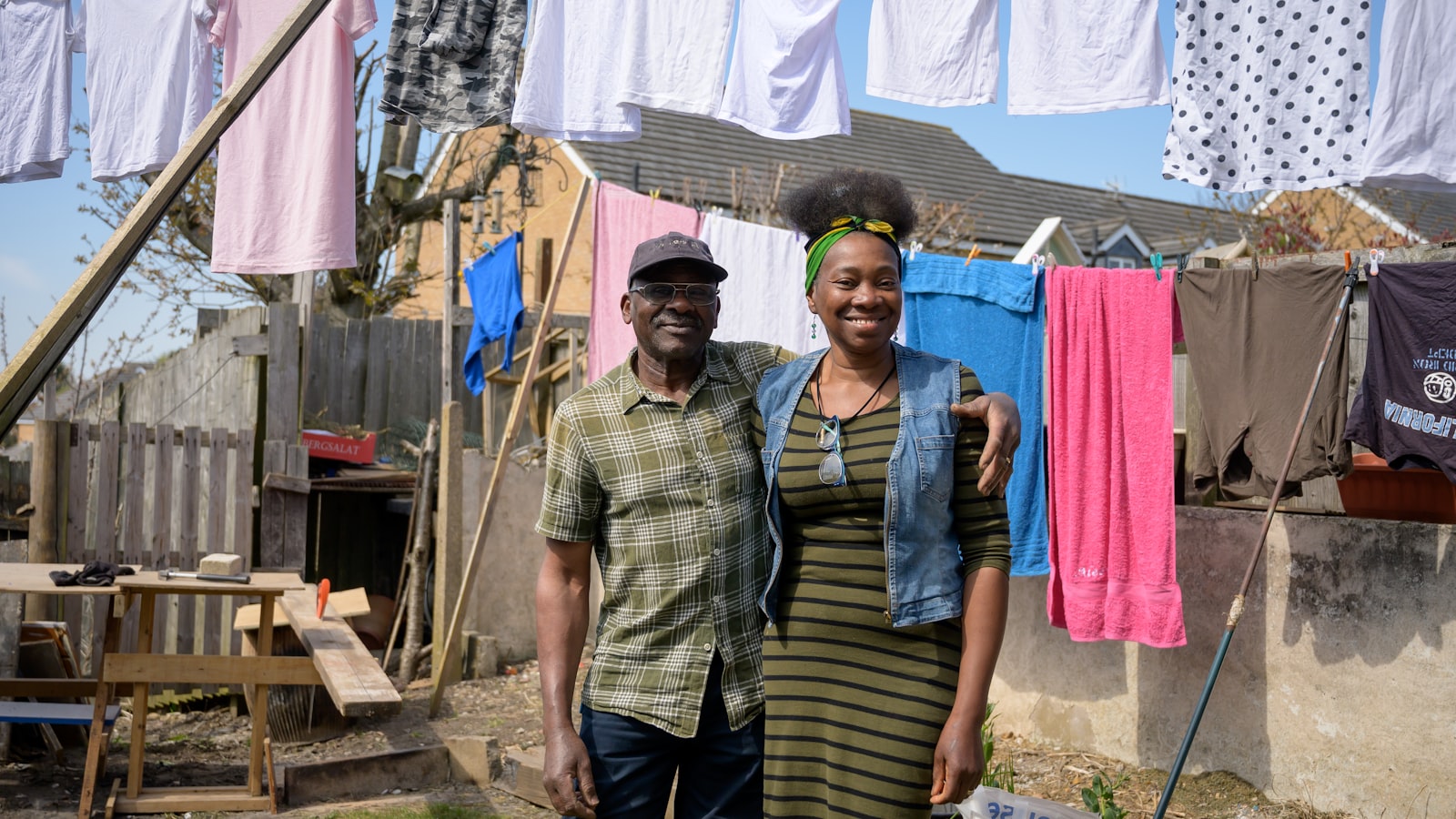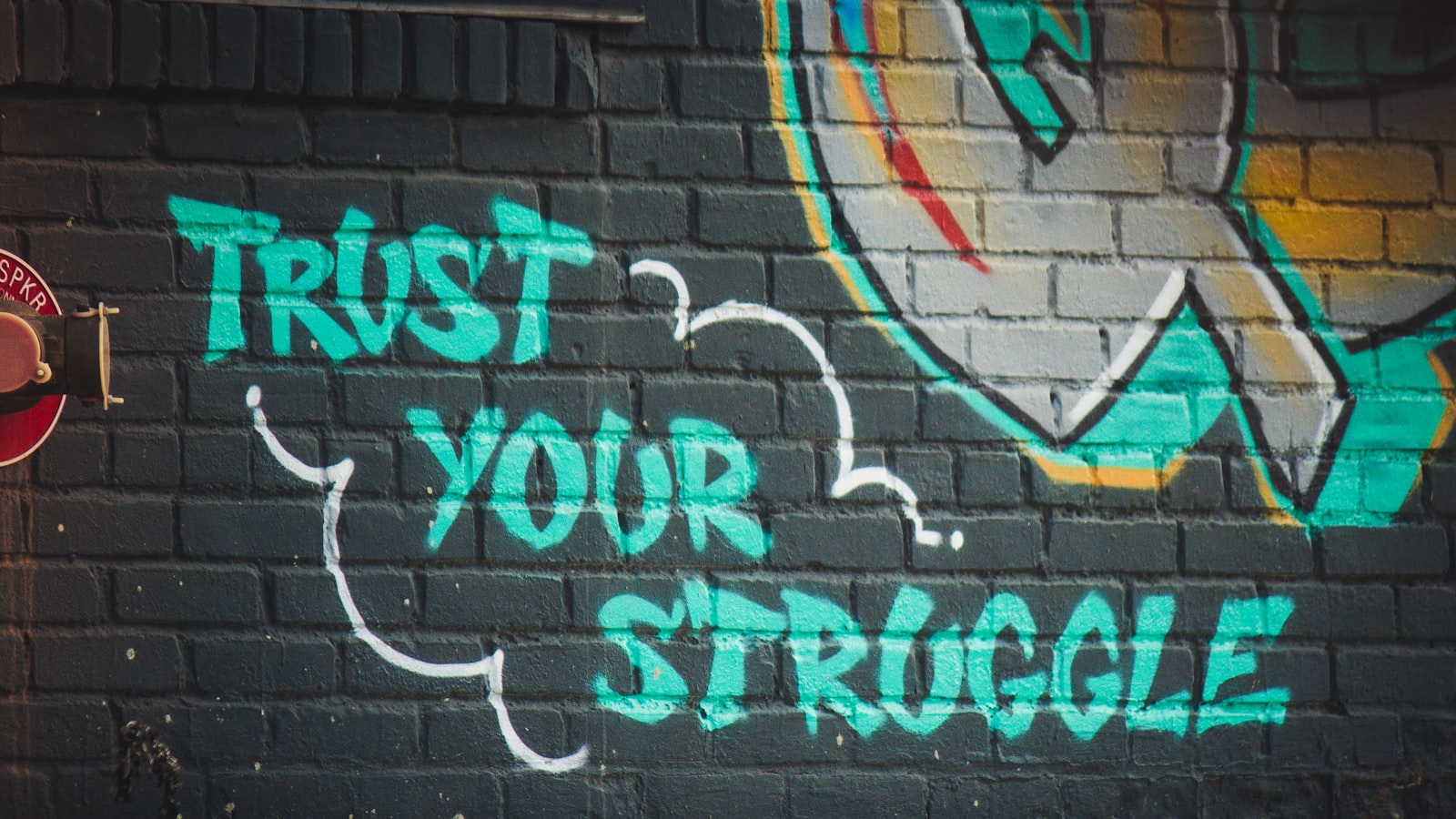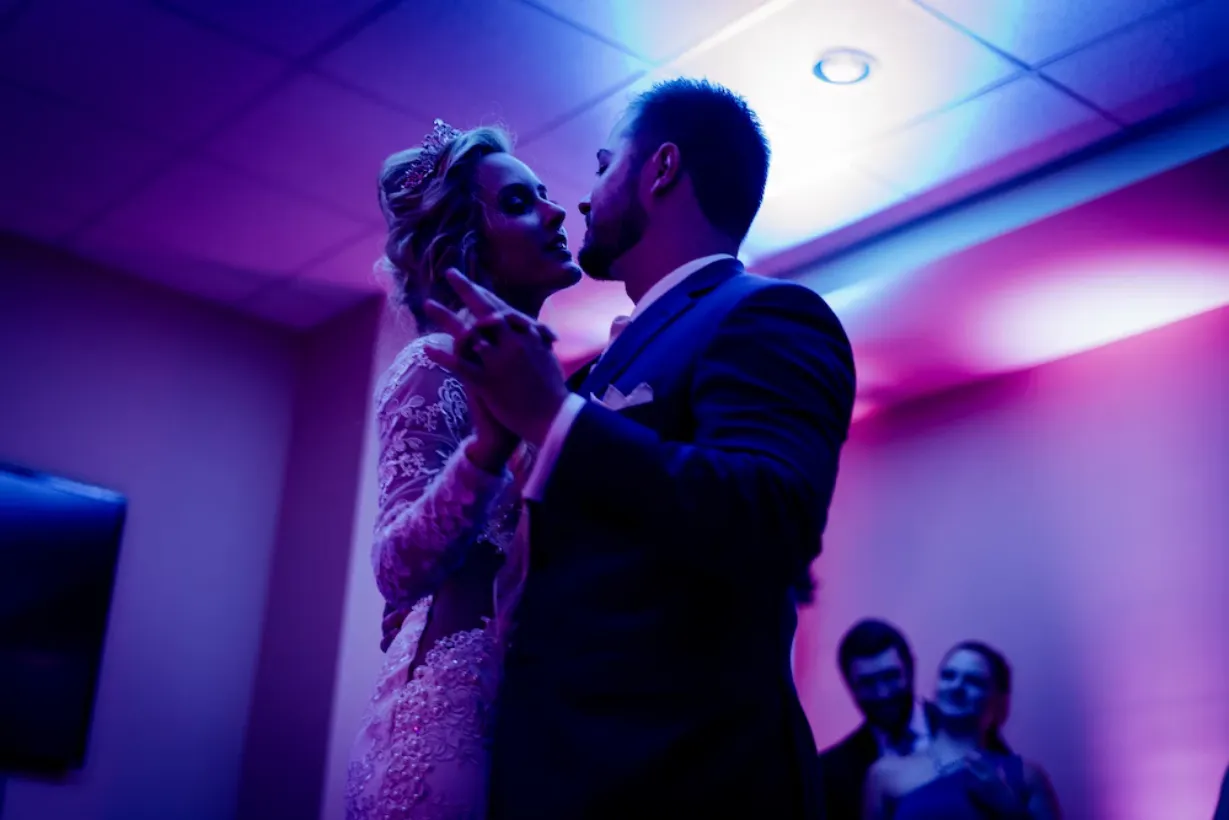- 0 Comments
- Views 50
Lying in a relationship can be deeply hurtful, whether it’s through exaggerations,hiding facts,or manipulating the truth. When faced with lies, you have a choice to make: do you stay and try to rebuild trust, or do you walk away?Recognizing the signs of dishonesty is crucial in determining your next steps.
Confronting your partner with evidence and setting boundaries is essential. But what comes after that? How do you rebuild trust and heal from the deception? In this article,we will guide you through the process step-by-step, providing valuable insights and practical advice. Keep reading to find out what to do when someone lies to you in a relationship.
Recognizing the Signs of Dishonesty
In a Relationship
When someone lies to you in a relationship,their behavior often undergoes noticeable changes. For instance,if they were once distant and reserved, but suddenly become overly caring and understanding, or vice versa,it’s crucial to understand that there is more to their behavior than just a mood swing. Inconsistency is a key indicator of dishonesty in relationships. Pay attention to any behavior that doesn’t align with their true nature or personality,as it may be a sign of lying and deception.
Additionally, there are specific signs to look out for when trying to recognize dishonesty in a relationship. If your partner’s lines feel rehearsed, or they consistently avoid certain topics during conversations,these could be red flags of deception. Changes in their moods and behavior toward you,such as being more distant or showing excessive affection,can also indicate guilt and dishonesty. Trust your intuition as well – if something feels off about their body language,facial expressions,or words, it’s worth investigating further.
Here is a checklist of signs to help you recognize dishonesty in a relationship:
- When their lines feel rehearsed
- Avoids the topic
- He’s distant
- A strong feeling
- Body language
Body language plays a crucial role in identifying lies within a relationship. Watch for signs such as fidgeting,playing with hair,avoiding eye contact,or making hand gestures while they speak. These behaviors are often indicative of someone who is being untruthful. Additionally,if your partner starts behaving differently around you,hides things like their phone or online activity,and acts strangely without any clear reason, it could be a sign that they are being dishonest.
Once you’ve recognized the signs,what’s the next step? Let’s find out.
Confronting the Lie
When you discover that someone has lied to you in a relationship,it’s natural to feel hurt and betrayed. However, it’s important to approach the situation with a level head and a strategic plan. Reacting impulsively or aggressively will likely escalate the tension and hinder any chances of resolution. Instead,take a deep breath and consider the following steps for confronting the lie effectively.
First, gather more information before confronting your partner. A lie is rarely told in isolation,so it’s essential to understand the context and reasons behind their deception. Ask yourself why they lied and how long they have been lying. This broader perspective will help you navigate the conversation with more clarity.
When it comes time to confront your partner, remember to remain calm and composed. Choose a neutral,public location where both of you can feel comfortable expressing yourselves without distractions. Present your case by calmly sharing the evidence you have gathered. Use “I” statements to express how their lies have made you feel,avoiding accusations or foul language.
Let your partner know that you are aware of their intentions and that their lies have not gone unnoticed. This acknowledgment may make them feel embarrassed or defensive, but it’s crucial for establishing open communication moving forward. Give them an opportunity to explain themselves and listen carefully without judgment. While there may be valid reasons behind their actions, be cautious of excuses that only perpetuate further dishonesty.
During the confrontation,stay focused on the issue at hand and avoid getting sidetracked or defensive if your partner tries to change the subject or shift blame onto you. Stand firm in addressing the specific lie while remaining open to discussing other concerns at a later time.
Effective Communication
- Allows for open dialogue and understanding
- Promotes trust and honesty in the relationship
- Helps to resolve conflicts and build a stronger bond
Emotional Strain
- Confronting a partner’s lies can be emotionally draining
- May lead to arguments and tension in the relationship
- Can cause temporary or long-term damage to trust
Practicing empathy throughout this process is vital for both parties involved. Understand that people make mistakes, and rebuilding trust takes time and effort from both sides. However, it’s crucial to set boundaries and let your partner know that continued honesty is non-negotiable for the relationship to thrive.
Now that you’ve confronted the lie, how do you rebuild trust?Keep reading to find out.
Rebuilding Trust
After discovering a lie in your relationship,rebuilding trust may seem like an uphill battle. However,with patience, open communication, and a willingness to work through the challenges, it is possible to restore the foundation of trust. Here are practical steps to guide you in rebuilding trust after a lie.
Step 1: Let yourself be angry, disappointed, or upset. It’s important to acknowledge and express your emotions in a healthy manner. Give yourself time to process the betrayal before attempting to move forward.
Step 2:Forgiveness is key. Make a conscious decision to forgive the other person. This doesn’t mean forgetting their actions or absolving them of responsibility but rather choosing to let go of resentment and negativity.
Step 3:Communicate with your partner. Have an open and honest discussion about the reasons behind the lie. Work together to create a plan that ensures transparency and prevents similar situations from occurring in the future.
Step 4: Avoid dwelling on the past. Instead of holding onto past grievances, focus on moving forward and rebuilding trust. Dwelling on the betrayal will only hinder progress and prevent healing.
Step 5:Work on communication skills. Improving communication with your partner is crucial for rebuilding trust. Foster an environment where both of you feel comfortable expressing your thoughts, concerns,and needs.
Step 6:Seek professional help if needed. Consider therapy or counseling to facilitate productive communication and provide tools for rebuilding trust. A trained professional can help navigate the complexities of the healing process.
Step 7: Define boundaries and expectations. Discuss what lies are acceptable or forbidden within your relationship. Clarify the forgiveness process and determine what it means for the future of your relationship.
| Step | Description | Action |
|---|---|---|
| Step 8 | Put in the effort to build a solid relationship | Both partners need to work together and commit to making the relationship last |
| Step 9 | Release emotions in a healthy manner | Find constructive ways to release negative emotions and focus on moving forward |
| Step 10 | Remember that trust is a work in progress | Understand that rebuilding trust takes time and effort, with ups and downs along the way |
Understanding the healing timeline can help manage expectations during this process. Rebuilding trust after a lie is not an overnight fix, but with dedication and mutual commitment,it is possible to restore trust and strengthen your relationship.
Understanding the Healing Timeline
Rebuilding trust after a lie in a relationship is not a quick fix. It’s a process that requires time, effort,and understanding. Each individual heals at their own pace, so it’s important not to rush or impose a strict timeline on the healing process.
The healing timeline can vary depending on the depth of the betrayal and the impact it has had on both partners. The more significant the hurt, the longer it usually takes to rebuild trust. It’s crucial to remember that healing is not linear and may involve ups and downs along the way.
The healing process can be divided into several phases:
Phase 1:Forgiveness
In this initial phase,forgiveness is essential. It doesn’t mean forgetting or absolving the other person of responsibility, but rather choosing to let go of resentment and negativity. Avoid lashing out in anger and express your hurt and disapproval of the lying behavior while setting clear expectations for future honesty.
Phase 2: Rebuilding Trust
During this phase, the focus is on rebuilding trust in the relationship. Effective communication is key. Avoid dwelling on the past as it hinders progress. Take time to decide if you want to stay in the relationship and work together with your partner to understand why they lied. Develop a plan to prevent similar situations from happening again.
Phase 3: Working on Communication
Improving communication skills is crucial for rebuilding trust. Commit to open and honest communication with your partner. Encourage them to be truthful moving forward and agree to keep an open mind when discussing challenging topics. Plan regular check-ins to address any lingering doubts or concerns.
Phase 4: Moving Forward
In the final phase, focus on enhancing the relationship going forward. Remind yourself that rebuilding trust is an ongoing process. Reignite the spark through date nights,address any issues in intimacy, and schedule regular check-ins to maintain open lines of communication.
To conclude,let’s summarize the key points. The healing timeline after a lie in a relationship is unique to each couple. It involves forgiveness, rebuilding trust, improving communication, and moving forward together. Remember that healing takes time and effort,but with dedication,a stronger and more trusting relationship can be achieved.
The Role of Counseling
In Dealing with Relationship Issues
Seeking professional counseling is a crucial step in dealing with the aftermath of lies in a relationship. A trained therapist can provide a safe and neutral space for both partners to address the impact of the dishonesty. Here are some ways counseling can help in rebuilding trust:
1. Providing a Safe and Neutral Space:Counseling offers a confidential environment where couples can openly discuss their feelings, concerns,and experiences related to the lies in their relationship. This safe space allows for honest communication without fear of judgment or reprisal.
2. Developing Effective Communication Skills:A professional therapist can guide couples in developing effective communication skills that facilitate open and honest dialogue. Learning how to express emotions,needs, and boundaries can help rebuild trust and prevent future misunderstandings.
3. Guiding Through Complexities: Trust and honesty are complex issues in relationships, and navigating them can be challenging. A counselor can provide guidance and support, helping couples explore the underlying factors that may have contributed to the lies. By addressing these root causes, couples can work towards healing and strengthening their bond.
4. Exploring Underlying Issues: Sometimes,lies in a relationship stem from deeper underlying issues such as past trauma,insecurities,or unresolved conflicts. A therapist can help identify these underlying issues and guide couples towards understanding and resolving them.
5. Addressing Patterns of Behavior:Counseling can assist couples in identifying patterns of behavior that lead to dishonesty. By recognizing these patterns, partners can work together to break unhealthy cycles and develop healthier ways of relating to each other.
The Role of Counseling in Dealing with Relationship Issues
- Counseling provides a safe and neutral space for couples to address the impact of lies in a relationship.
- A professional therapist can help couples develop effective communication skills to rebuild trust.
- Counseling offers guidance and support in navigating the complexities of trust and honesty.
- Therapists can help couples explore underlying issues that may have contributed to the lies in the relationship.
- Couples counseling can assist in identifying and addressing patterns of behavior that lead to dishonesty.
Each relationship is unique, and so is the healing process. While counseling provides valuable support and guidance, it’s important to remember that rebuilding trust takes time and effort from both partners involved.
In conclusion,seeking professional counseling offers couples the opportunity to navigate the complexities of trust and honesty in their relationship. With the help of a skilled therapist,couples can develop effective communication skills, explore underlying issues, and work towards rebuilding trust. Each relationship is unique, and so is the healing process,but with time and effort,trust can be rebuilt.
In Conclusion: Navigating Lies in a Relationship
Dealing with lies in a relationship is never easy,but it’s not the end of the road either. When someone lies to you, it’s essential to confront the issue head-on and gather all the necessary facts before having an open and honest conversation. Communication is key in rebuilding trust,and both partners must be willing to put in the effort.
While forgiveness is important,it doesn’t mean forgetting or allowing for repeated deception. Rebuilding trust takes time and patience,and each person heals at their own pace. Seek professional help if needed,as a therapist can provide guidance and support throughout the healing process.
Remember, there is no set timeline for rebuilding trust. It requires ongoing effort,effective communication,and a commitment to personal growth. By addressing the underlying issues,setting boundaries,and working together,it’s possible to navigate the challenges of lies in a relationship and come out stronger on the other side.
Frequently Asked Questions
What are some signs of lying in a relationship?
When someone lies to you in a relationship, their behavior often undergoes noticeable changes. Inconsistency is a key indicator of dishonesty. Watch out for behavior that doesn’t align with their true nature or personality. Pay attention to rehearsed lines and changes in their body language,such as fidgeting, avoiding eye contact, or making hand gestures. These behaviors can be signs of deception. Trust your intuition and look for any unusual or inconsistent behavior that could indicate they are being dishonest.
How can I confront my partner about their lie?
Confronting your partner about their lie requires a thoughtful approach. Rather than reacting impulsively, take a step back and gather all the facts before initiating the conversation. Choose a neutral location and calmly present your case,including the evidence you have gathered. Use “I” statements to express how their lie has made you feel. Allow them to explain themselves without getting defensive,but be cautious of excuses. Stay focused on the issue at hand and avoid getting sidetracked. Practice empathy and let them know that you are aware of their intentions.











